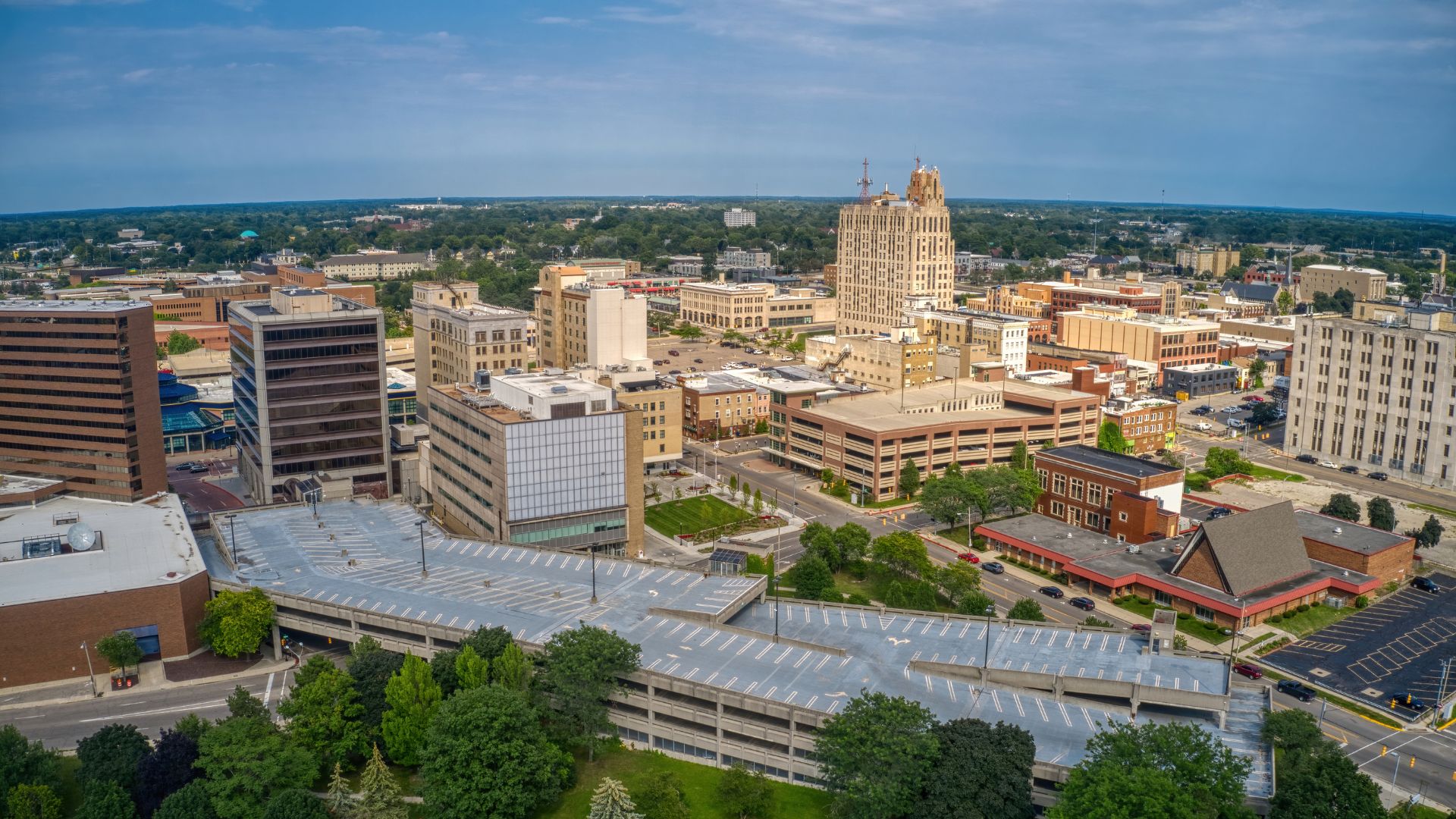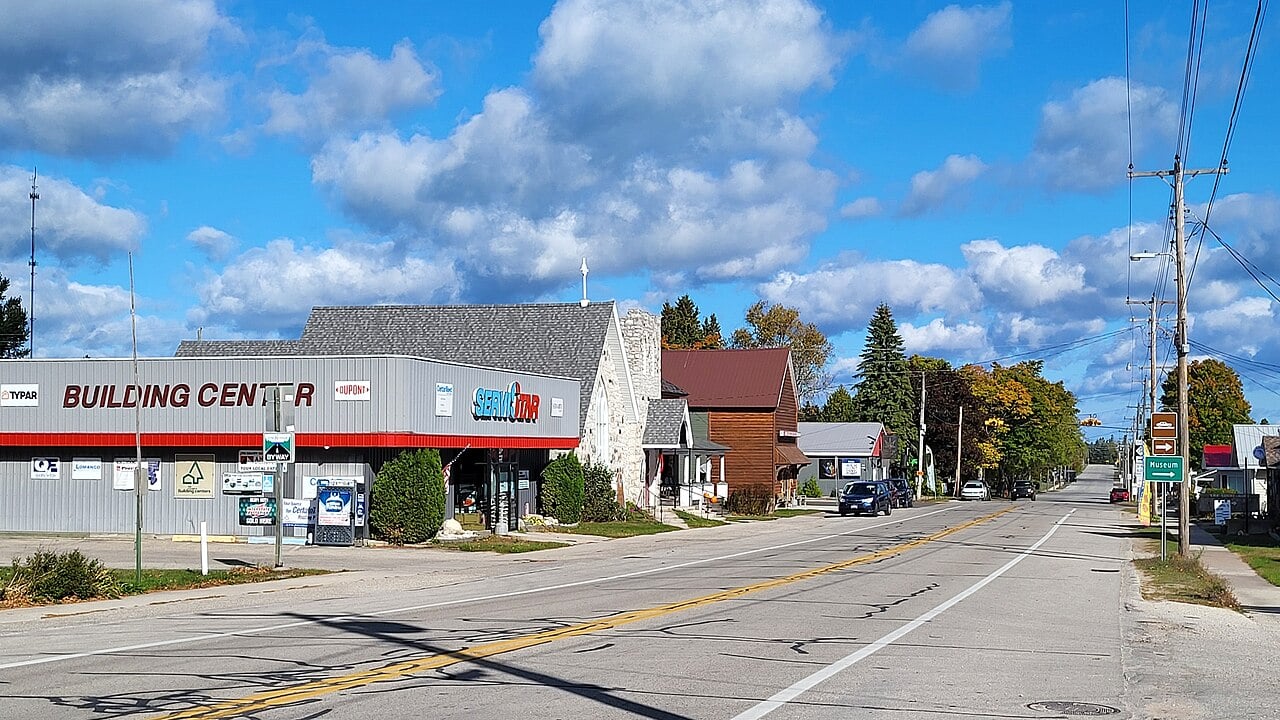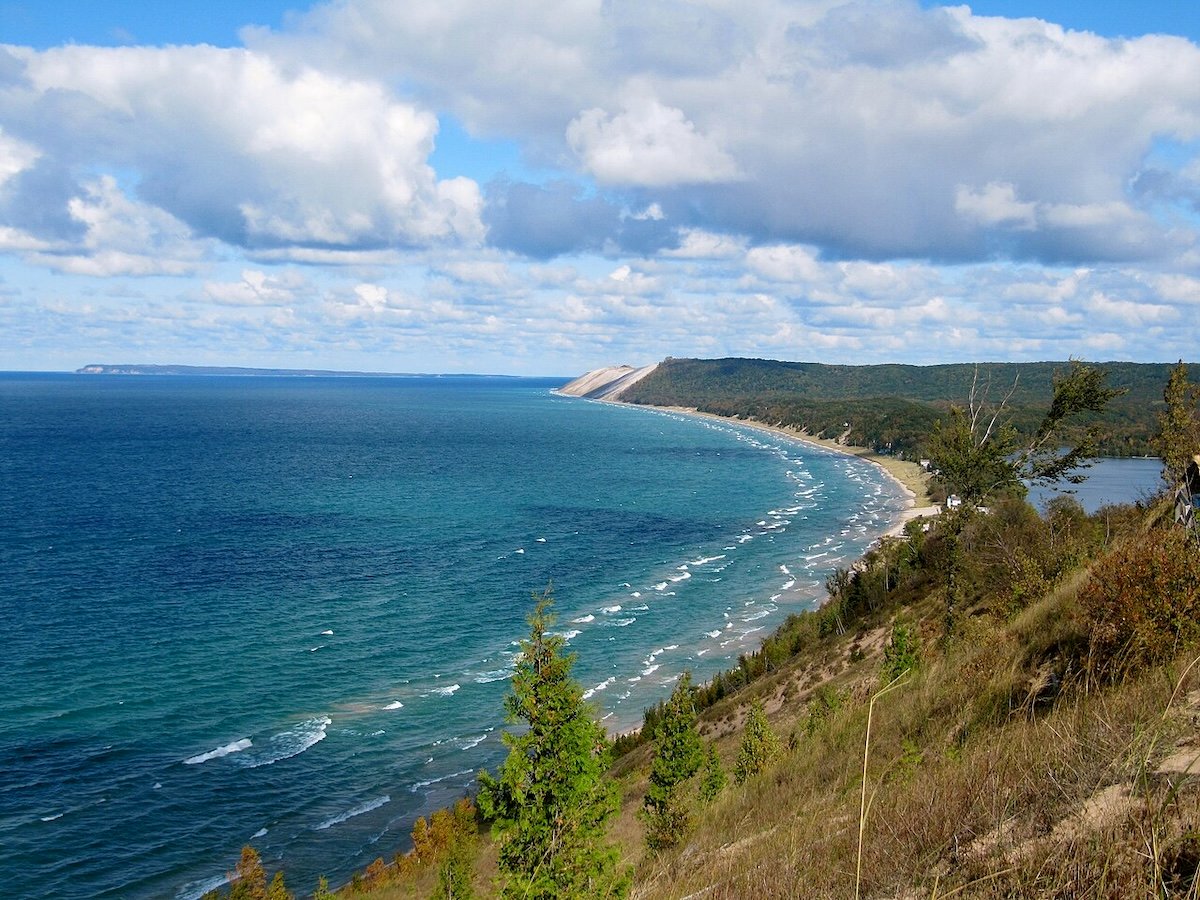
Would you like to save this?
You know you’re at a Michigan family gathering when someone starts a heated debate about which gas station has the best coffee or whether the Lions will ever win a playoff game this century.
While other states argue about politics and religion, Michiganders have their own special brand of passionate disagreements that would confuse anyone who wasn’t raised on Vernors and snow day disappointments.
25. The Eternal Michigan Battle: Pop vs. Soda

This isn’t just vocabulary—it’s cultural identity warfare. True Michiganders call it “pop,” and anyone who says “soda” is either from out of state or corrupted by too much time watching national television. The argument gets heated because it touches something deeper than beverage terminology.
Your aunt from Kalamazoo will die on this hill, explaining that she’s been calling it pop for 67 years and she’s not about to change now because some coastal elites decided “soda” sounds more sophisticated. Meanwhile, your cousin who moved to Chicago comes home using California vocabulary and gets lectured about forgetting his roots.
The passion around this argument seems ridiculous until you realize it’s really about maintaining Michigan identity in a world that constantly tries to homogenize regional culture. Pop isn’t just a word—it’s resistance to cultural uniformity.
24. Which Side of the State Has Better Beaches
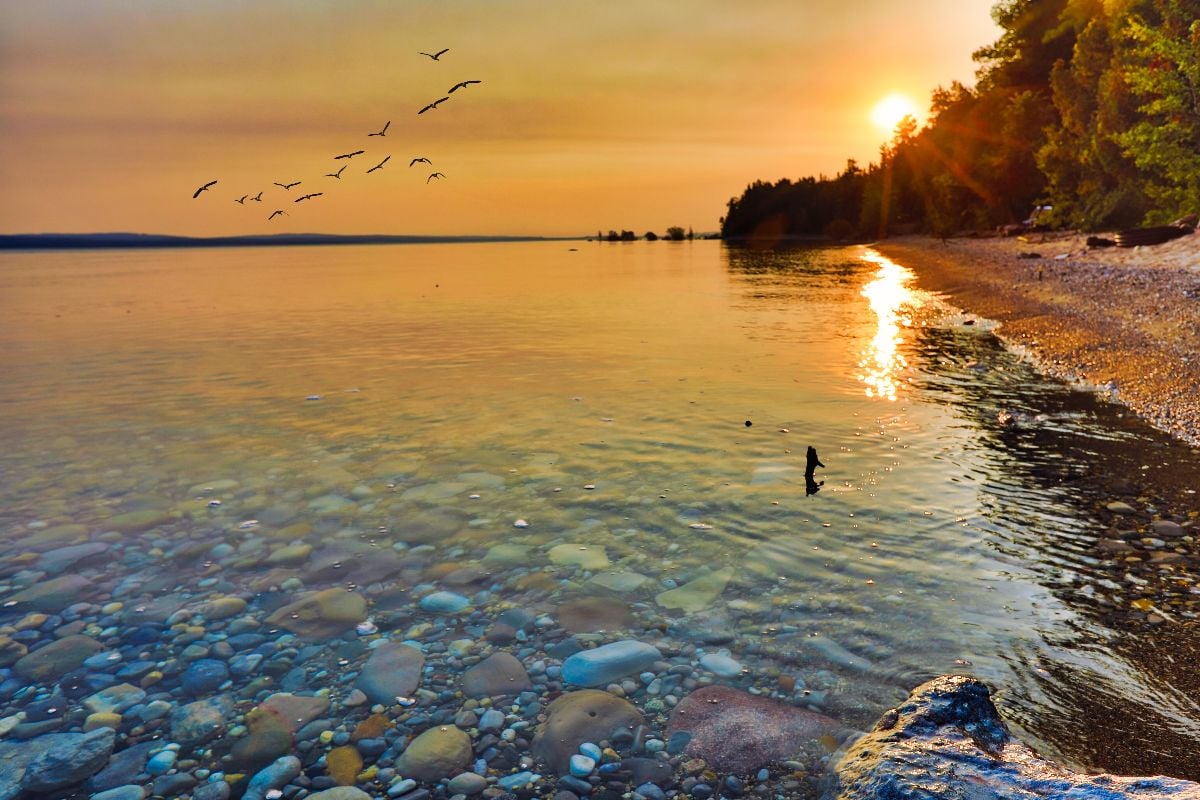
East side versus west side beach arguments can destroy Thanksgiving dinner faster than politics. West siders claim Lake Michigan beaches are superior—cleaner water, better sunsets, more sophisticated beach towns. East siders counter that Lake Huron beaches are less crowded and more authentic.
The Lake Michigan crowd acts like they invented lakefront living, talking about South Haven and Grand Haven like they’re the Hamptons. Meanwhile, Lake Huron defenders argue that their beaches haven’t been ruined by Chicago tourists and overpriced beach house rentals.
Both sides conveniently ignore that most of the family hasn’t been to a beach in three years, but everyone has strong opinions based on childhood memories and tribal loyalty to their side of the mitten.
23. Whether the Lions Will Ever Win a Super Bowl

This argument happens at every gathering, and it always follows the same pattern. The optimists cite recent draft picks and coaching changes. The realists point to decades of disappointment and organizational dysfunction. The pessimists just laugh bitterly and change the subject.
What makes this uniquely Michigan is that even the optimists don’t really believe their own arguments. They’re performing hope more than feeling it, because being a Lions fan requires a special kind of psychological endurance that outsiders can’t understand.
The debate isn’t really about football—it’s about whether it’s better to maintain hope in the face of overwhelming evidence or embrace reality and find peace in low expectations. Philosophy disguised as sports talk.
22. Proper Pronunciation of Anything
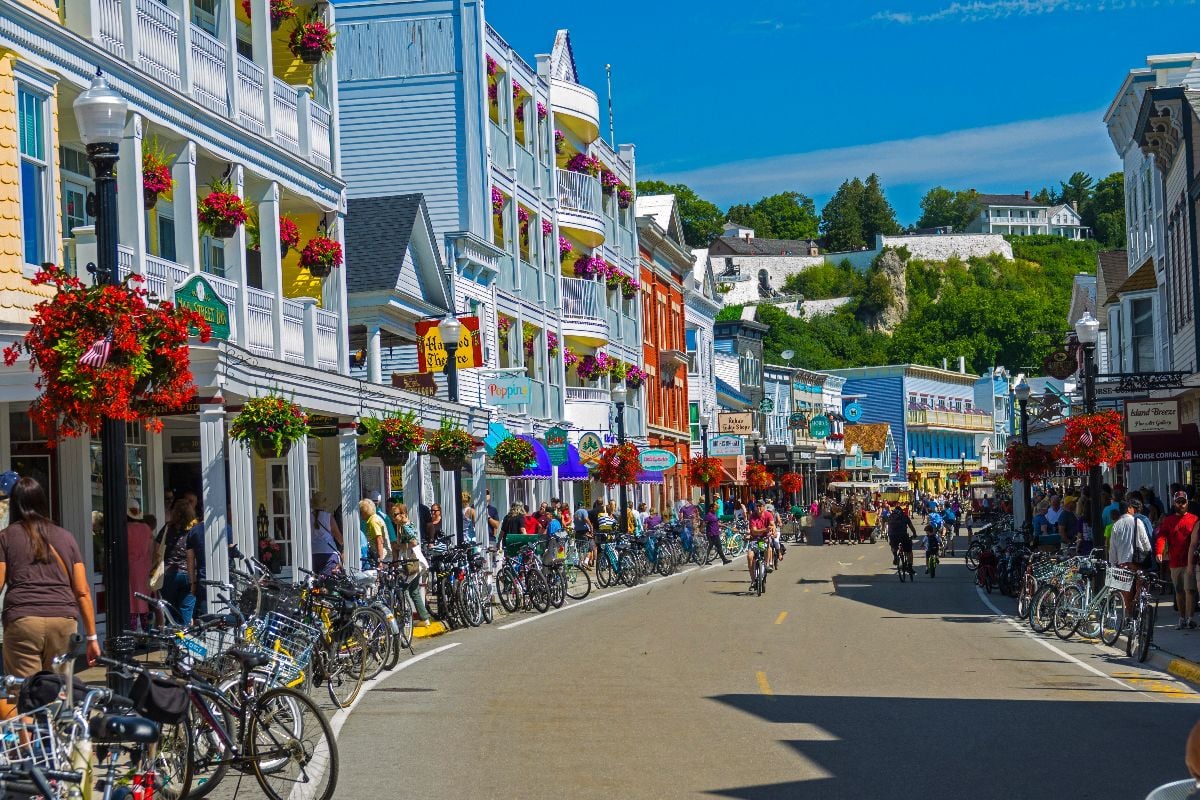
Nothing unites Michigan families more than correcting how outsiders say their place names. Mackinac isn’t “Mack-in-ack,” it’s “Mack-in-aw.” Ypsilanti isn’t “Yip-sill-an-tee,” it’s “Ip-sill-an-tee.” And don’t even get started on Sault Ste. Marie or Charlevoix—every syllable is a test of local knowledge.
The correction ritual usually comes with a history lecture: French traders, Native words, and how spelling never caught up with spoken usage. Families love to retell stories about newcomers who butchered the names, instantly marking themselves as outsiders. GPS voice assistants mispronouncing them only fuel the fire.
These arguments aren’t about phonics—they’re about belonging. Getting the names right is proof you’ve earned your Michigan stripes, while getting them wrong brands you as a tourist with no claim to the culture. In Michigan, pronunciation isn’t just language—it’s identity.
21. Devil’s Night or Mischief Night—Which Brand of Chaos?

October 30th has a name, and which name your family uses reveals deep cultural allegiances. “Devil’s Night” is pure Detroit, with all the urban edge that implies. “Mischief Night” sounds like something suburbanites say when they want to acknowledge the tradition without sounding too hardcore.
The argument usually involves someone’s uncle explaining that real Devil’s Night involved serious pranks and mild vandalism, while Mischief Night is what soccer moms call it when kids egg houses in subdivisions. The counterargument involves lectures about romanticizing destructive behavior.
Both sides are really arguing about authenticity—who has the right to claim Michigan’s rebellious traditions, and whether those traditions should be celebrated or sanitized for modern sensibilities.
20. Detroit Chili vs. Flint Sauce: The Coney Dog Civil War

Would you like to save this?
Detroit versus Flint coney dogs trigger arguments that can last hours. Detroit coneys come with chili, mustard, and onions on a natural casing hot dog. Flint coneys use a drier sauce and different preparation methods. Both sides consider the other version an abomination.
The argument always escalates because each side treats their preferred style as the only authentic Michigan coney. Detroit defenders act like Flint coneys are fake news, while Flint loyalists claim Detroit coneys are tourist food that sacrificed authenticity for popularity.
Family members will drive an hour out of their way to prove their point by taking you to their preferred coney restaurant, then watch your face carefully as you take the first bite, ready to defend their choice with religious fervor.
19. Seeing Canada from Your House – Bragging Rights or Bluff?

This becomes weirdly competitive, with various family members claiming they have the best view of Canada from their property, boat, or favorite spot. Living near an international border gives Michiganders bragging rights they exercise enthusiastically.
Someone always claims they can see Canada from their bedroom window, which leads to arguments about what exactly constitutes “seeing Canada”—is it just water, or actual land? Does Windsor count? What about the Ambassador Bridge as a technicality?
The argument reveals Michigan’s unique geographic position and the pride that comes with living at the northern edge of the country. Seeing Canada isn’t just geography—it’s proof of your frontier credentials.
18. Proper Fudge Buying Protocol on Mackinac Island
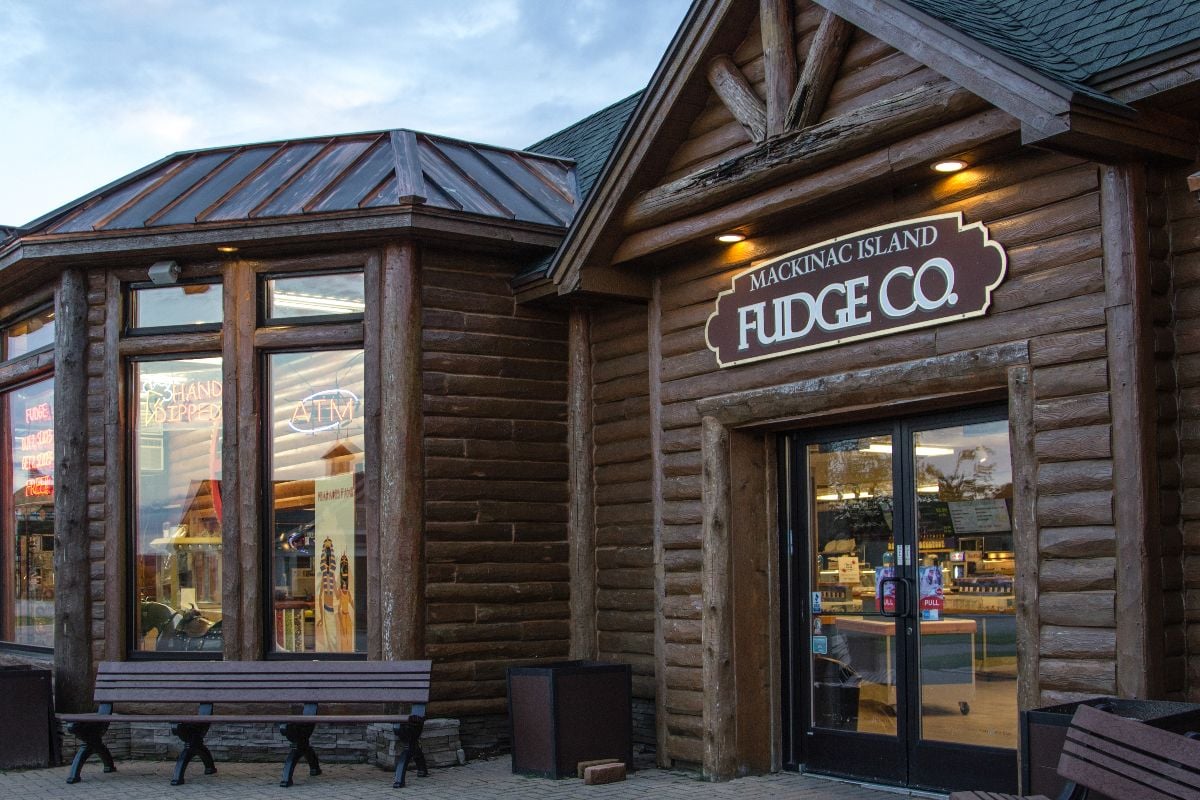
Should you buy fudge from Murdick’s, Ryba’s, or one of the other shops? Is watching them make it through the window mandatory? How much is too much to spend on tourist fudge? These questions divide families along surprisingly bitter lines.
The old-timers remember when the island wasn’t overrun with tourists, and fudge shops weren’t on every corner. They argue for traditional shops with authentic recipes. The younger generation points out that it’s all overpriced tourist food, regardless of which shop you choose.
The real argument is about how much tourist behavior is acceptable when you’re technically a local. Can you enjoy touristy things ironically, or does that compromise your Michigan credibility?
17. Where Does “Up North” Actually Begin?
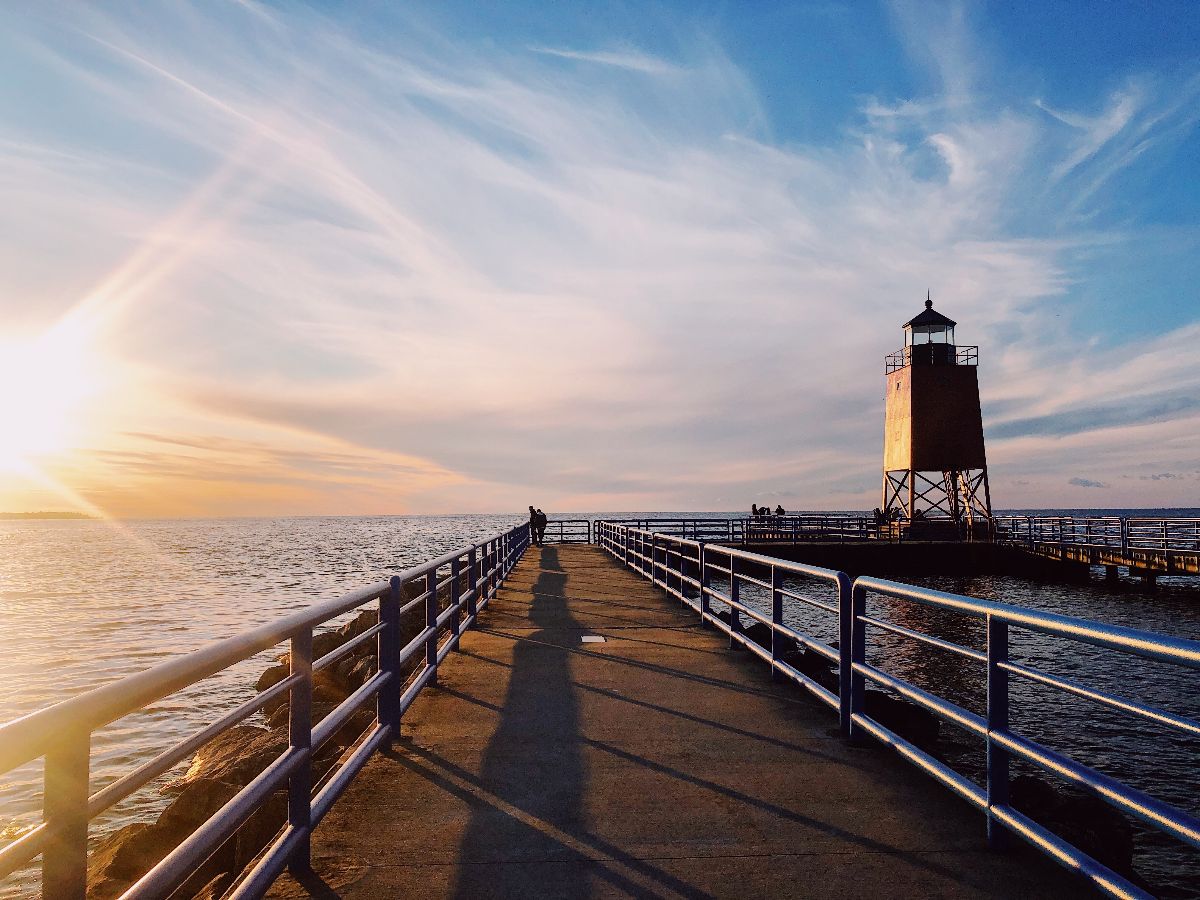
The definition of “Up North” causes geographic arguments that reveal class, culture, and family history. For some families, Up North starts at Clare. For others, it’s not Up North until you hit the Mackinac Bridge. Some insist anything south of Grayling doesn’t count.
Families with money argue that real Up North requires lakefront property and cabins that have been in the family for generations. Working-class families counter that camping and day trips to state parks are just as authentic, and probably more Michigan than expensive lake houses.
The argument is really about access and authenticity—who gets to claim the “real” Michigan experience —and whether one needs money to participate in the state’s outdoor culture.
16. Pasties: Purist Recipe or Modern Twist?
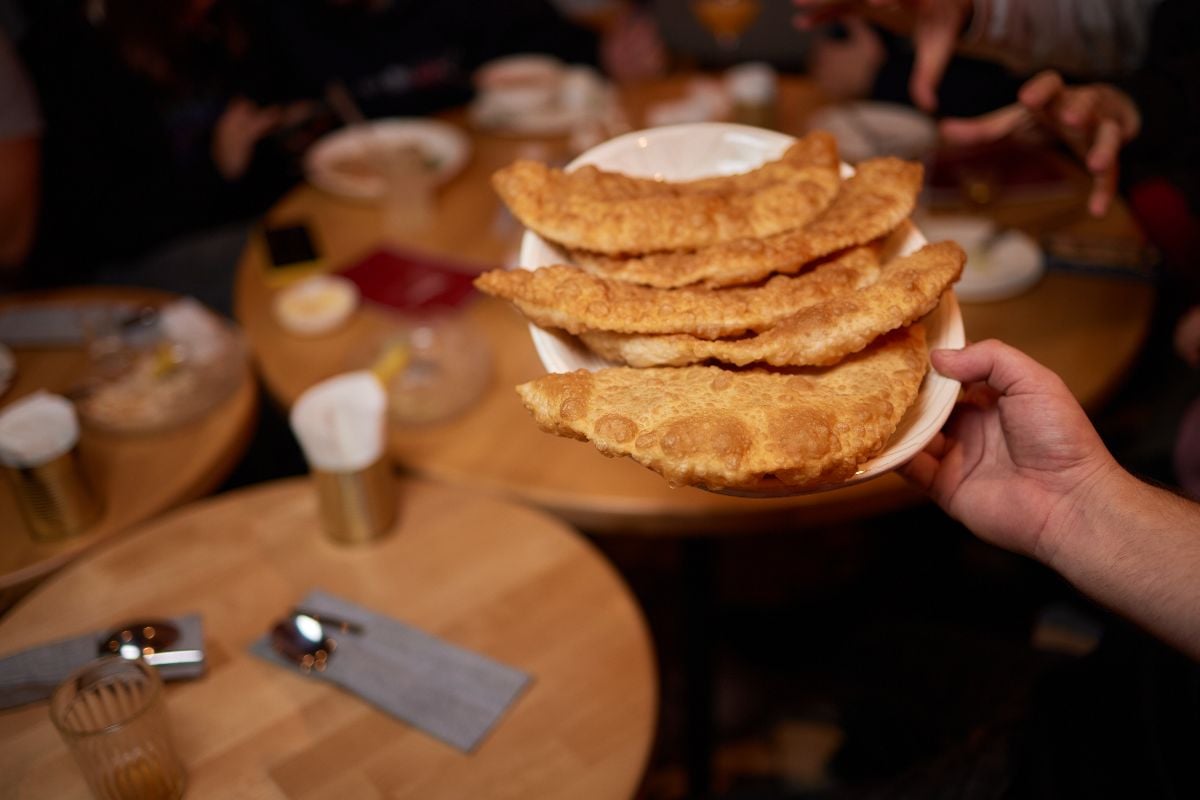
Upper Peninsula families take pasty arguments seriously because pasties represent their cultural heritage and mining history. The debate covers ingredients (what vegetables belong), preparation methods (how thick should the crust be), and authenticity (store-bought versus homemade).
Purists insist on traditional recipes passed down from Cornish miners—beef, potatoes, onions, maybe rutabaga. Modernists add carrots, pork, or other ingredients. Both sides act like the other is committing cultural sacrilege.
The passion comes from pasties representing UP identity in a state dominated by Lower Peninsula concerns. Getting the recipe right isn’t just cooking—it’s preserving heritage in an edible form.
15. The Mackinac Toll: Scenic Bargain or Highway Robbery?
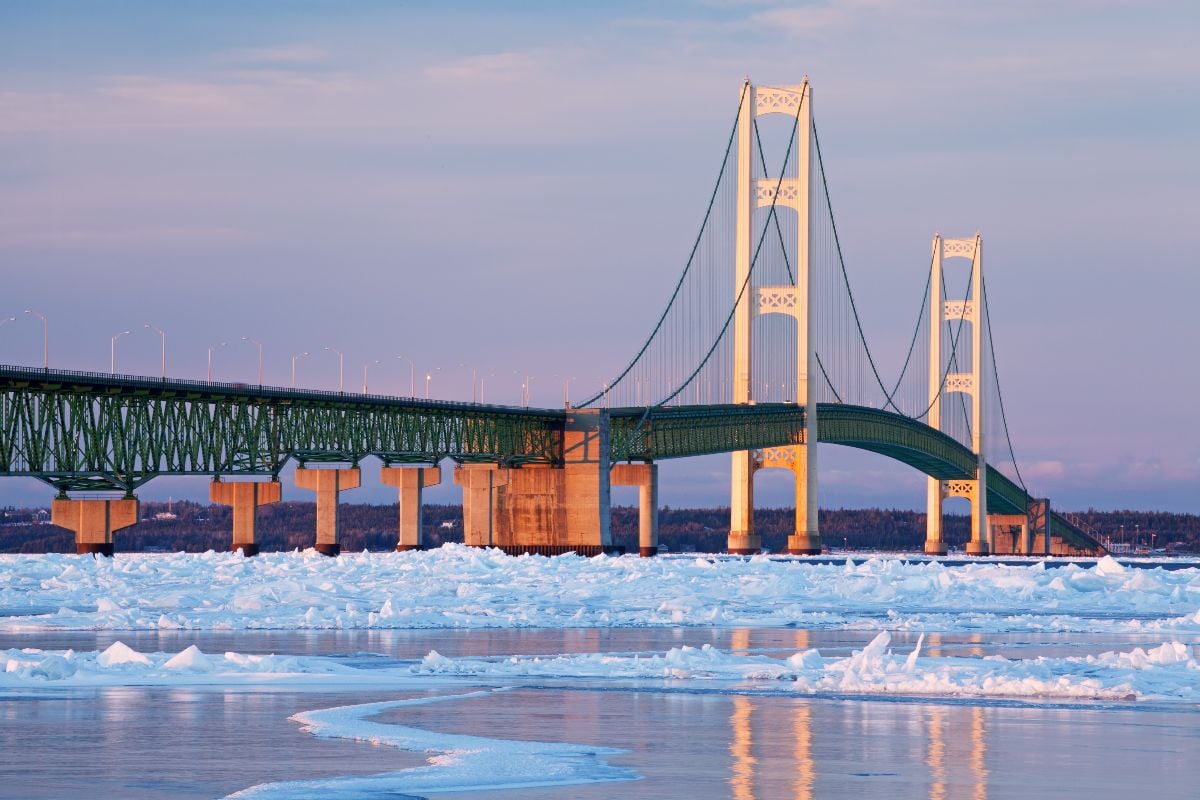
Every family road trip Up North includes someone complaining about the bridge toll and another family member defending it as reasonable infrastructure funding. The argument covers whether the toll is worth the convenience, if there are cheaper alternatives, and what constitutes highway robbery.
The complaint usually comes from whoever’s driving and paying, while passengers argue that the view and engineering marvel justify the cost. Someone always mentions how much the toll has increased over the years, leading to broader arguments about infrastructure spending.
The bridge toll argument is really about Michigan’s relationship with its own geography—whether connecting the two peninsulas is worth the cost, and who should pay for maintaining the infrastructure that makes the state function.
14. Blizzards, Buses, and Bragging Rights

How much snow should it take to cancel school? When should you stay home from work? Is four-wheel drive mandatory or just helpful? These practical questions become heated debates about toughness, safety, and proper Michigan winter behavior.
Old-timers argue that schools cancel too easily these days, explaining how they walked to school in blizzards that would shut down the city now. Parents counter that safety standards have improved and there’s no shame in being cautious about winter driving.
The argument reveals generational differences about risk tolerance and changing expectations for how Michigan institutions should handle winter weather. It’s really about what constitutes appropriate toughness in modern times.
13. Vernors: Soda, Medicine, or Both?
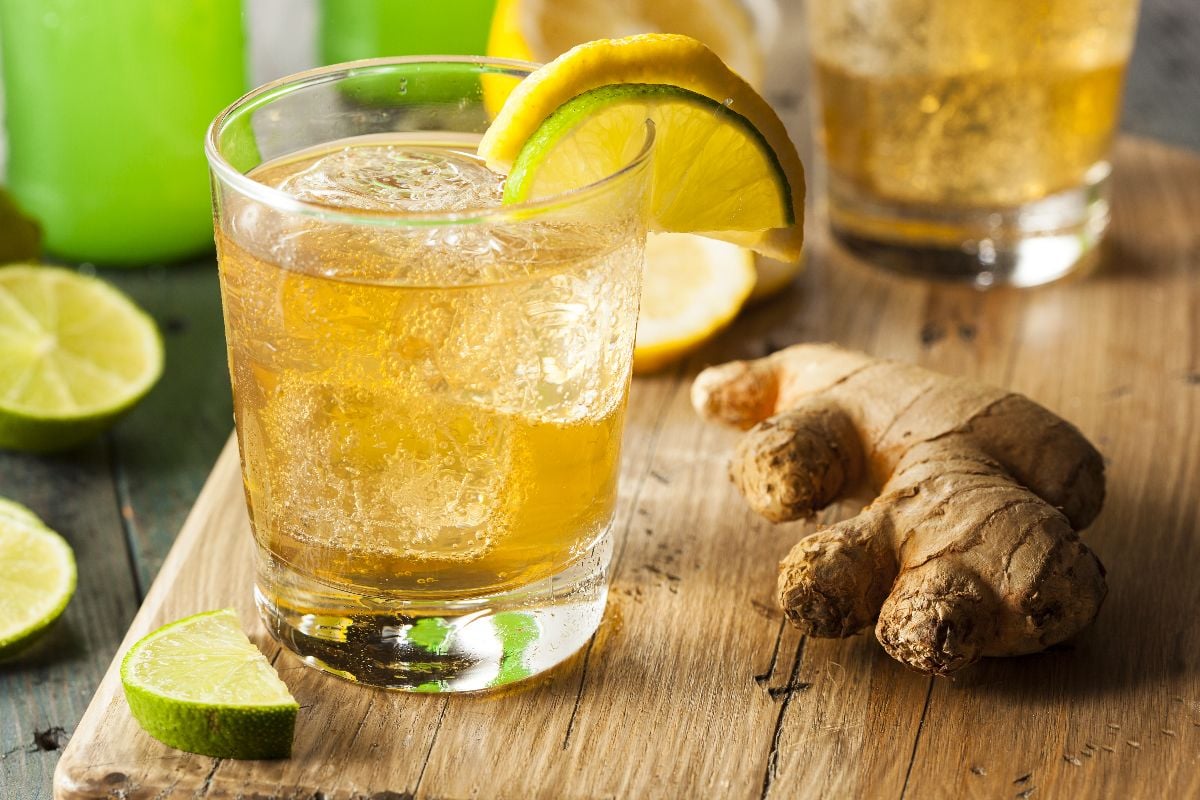
Vernors isn’t just ginger ale in Michigan—it’s medicine, comfort food, and a cultural institution. Family arguments cover whether it actually settles upset stomachs, if other ginger ales are acceptable substitutes, and what constitutes proper Vernors serving temperature.
Believers swear Vernors cures everything from stomach bugs to heartbreak, while skeptics point out that it’s just sugary soda with ginger flavoring. The believers counter that you can’t understand until you’ve experienced authentic Vernors healing power.
The argument is really about the power of regional brands to create emotional connections that transcend rational evaluation. Vernors isn’t just a beverage—it’s liquid nostalgia with medicinal properties.
12. Euchre Rules: Family Bonding or Civil War?

Euchre is serious business in Michigan, and every family has their own house rules that they defend passionately. Should you stick the dealer? When is it appropriate to go alone? What constitutes proper euchre etiquette at family gatherings?
The arguments get heated because euchre strategy reveals personality traits that family members think they understand about each other. Conservative players get criticized for being too cautious, while aggressive players get accused of being reckless show-offs.
Euchre arguments are really about family dynamics disguised as card game strategy. Who’s too competitive, who’s not competitive enough, and whether winning matters more than family harmony.
11. Sleeping Bear Dunes: National Treasure or Overhyped Sandpile?
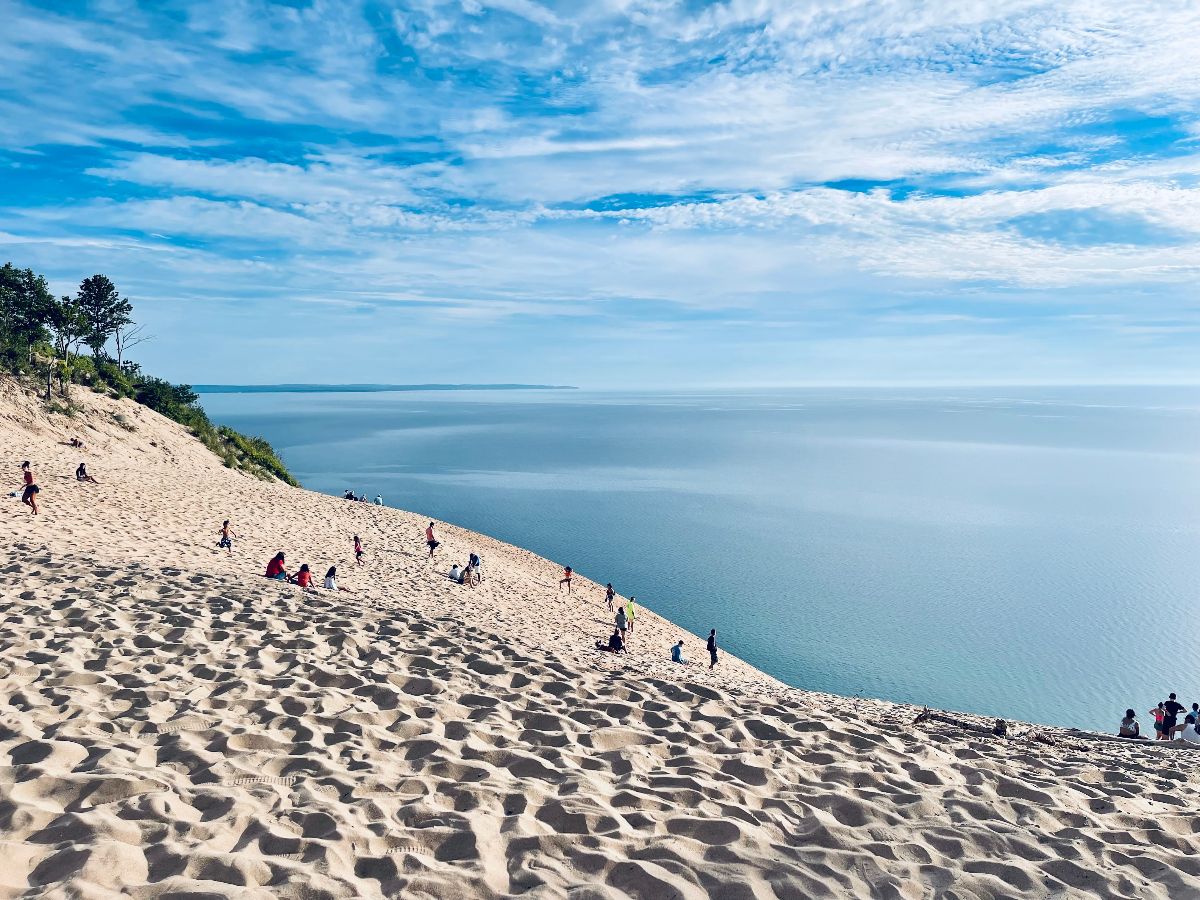
National recognition brought crowds to Sleeping Bear Dunes, leading to family arguments about whether the attention ruined the experience or just made it accessible to more people. Locals complain about parking problems and tourist behavior, while others appreciate the economic benefits.
Families who’ve been visiting for decades argue that it’s not the same anymore—too crowded, too commercialized, too difficult to find the secret spots they remember from childhood. Newer visitors point out that natural beauty doesn’t disappear just because more people appreciate it.
The argument reflects broader tensions about tourism, development, and who gets to claim ownership of natural spaces. It’s really about whether sharing beautiful places destroys them or makes them more valuable.
10. Deer Season: Sacred Tradition or Outdated Ritual?

Opening day of deer season is a Michigan holiday that triggers arguments about tradition, ethics, and proper hunting behavior. Should kids be allowed in the blind? Is baiting acceptable? What constitutes fair chase in modern hunting?
Traditional hunters argue for practices passed down through generations, while modern hunters embrace new technology and techniques. Both sides accuse the other of either being stuck in the past or abandoning important values.
The hunting arguments reveal deep cultural divisions about change, tradition, and what constitutes authentic Michigan outdoor culture. It’s really about preserving heritage while adapting to modern realities.
9. Ice Fishing: Zen or Frozen Torture?

Some family members swear ice fishing is the perfect winter activity, while others consider it organized suffering disguised as recreation. The arguments cover whether sitting in a freezing shanty for hours qualifies as entertainment or torture.
Ice fishing enthusiasts explain the meditative qualities and community aspects, while critics point out that you’re literally sitting on frozen water, hoping fish will bite hooks through tiny holes. The enthusiasm seems disproportionate to the actual fishing results.
The argument is really about different approaches to winter survival—whether you embrace the season’s challenges or just endure them until spring returns. It’s philosophy disguised as outdoor recreation.
8. Whether Detroit-Style Pizza is Real Pizza
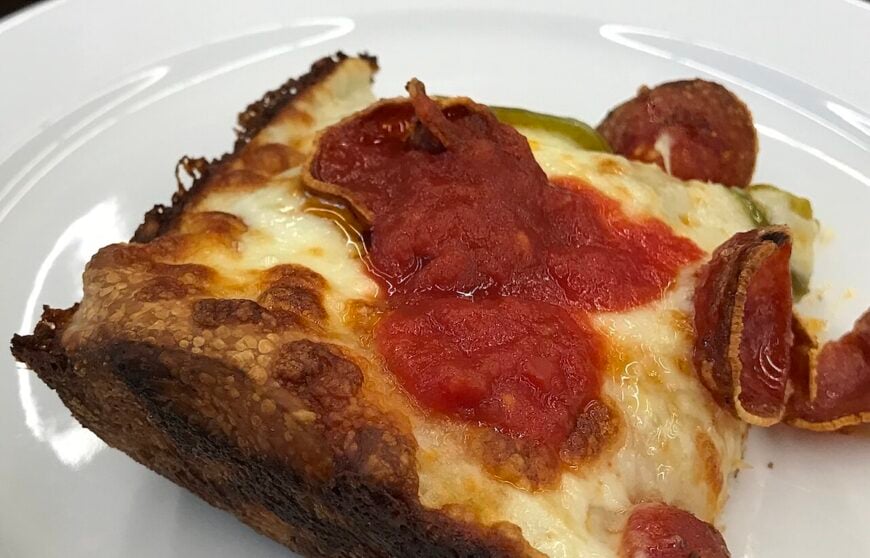
Detroit-style pizza sparks arguments as thick as its crust. Fans brag about the caramelized cheese edges, square pans borrowed from auto factories, and sauce ladled on top like a culinary mic drop. Skeptics mutter that it’s just focaccia pretending to be pizza, too doughy to count next to New York’s foldable slices or Chicago’s casserole-like deep dish.
Family fights over this one go beyond taste. To some, Detroit-style pizza is Michigan’s culinary comeback story—proof the state invented something the rest of the world finally respects. To others, it’s a tourist gimmick blown out of proportion, overshadowing the humble round pies everyone actually grew up eating.
The argument is really about pride versus preference: whether Michigan should rally around its pizza export as a cultural treasure or admit it’s not everyone’s slice of heaven.
7. Which Great Lake Reigns Supreme?

Would you like to save this?
Every Michigander has a favorite Great Lake, and defending it becomes a family sport. Lake Superior partisans lean on sheer size and ferocity—storms that swallow ships, water so cold it dares you to jump in. Lake Michigan boosters talk up its golden sunsets and dune-backed horizon, while Lake Huron loyalists argue theirs is the quiet workhorse, steady and unspoiled.
The fight isn’t really about hydrology—it’s about personality. Superior means rugged endurance, Michigan means social summers and polish, Huron means modest pride and tradition. Picking a lake is really picking an identity, and nobody picks without conviction.
Arguments usually end where they begin: with everyone convinced their lake is the one that defines Michigan. It’s not about winning—it’s about proving that where you point on the map says everything about who you are.
6. Why Michigan Families Bond Over Buckeye Hate
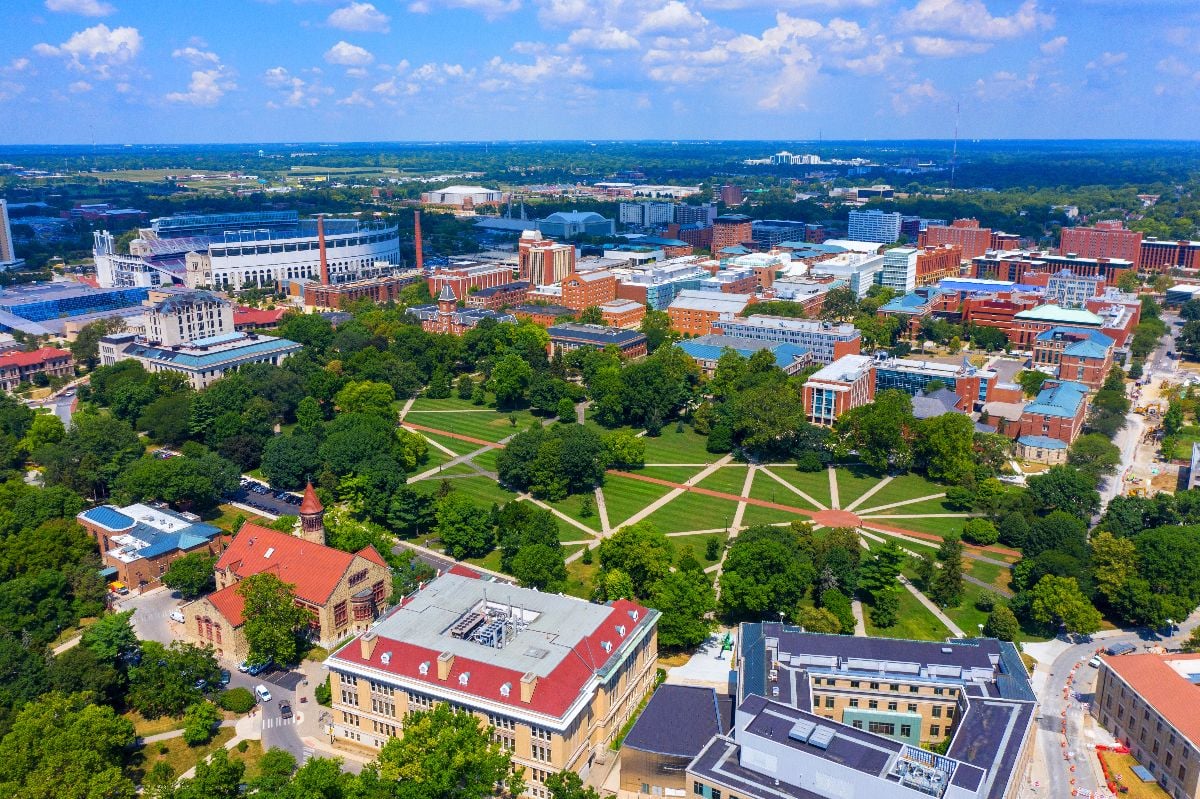
Michigan-Ohio State rivalry extends beyond football into family arguments about whether hatred of OSU is healthy, appropriate, or just good fun. Some family members embrace the rivalry as a harmless tradition, while others think it’s gotten out of hand.
The rivalry supporters argue it’s all in good fun and adds excitement to college football. The critics worry that geographic prejudice based on sports teams reflects poorly on Michigan character and intelligence.
The argument is really about whether tribal loyalty based on arbitrary geographic boundaries is harmless entertainment or problematic thinking that extends beyond sports into real-world prejudices.
5. Faygo: Legit Flavor or Just Childhood Nostalgia?
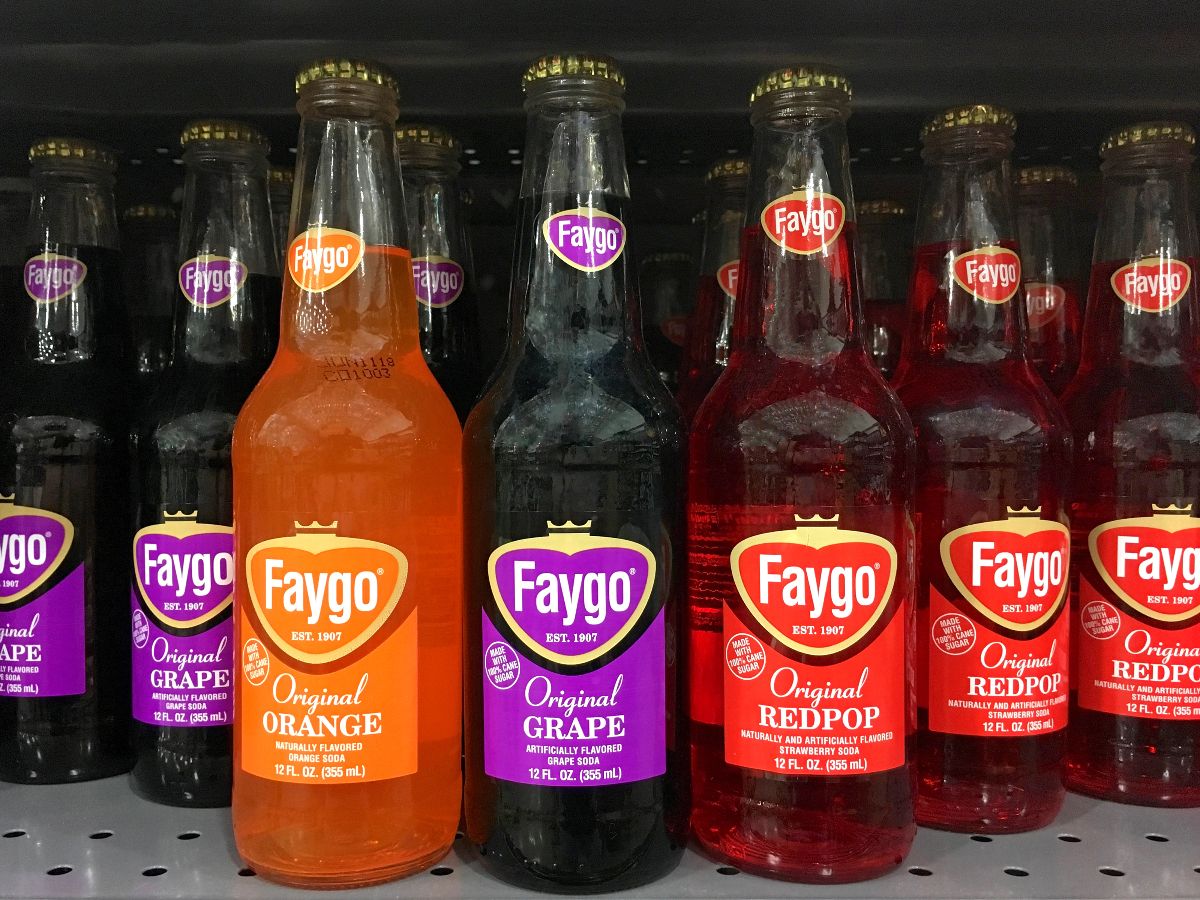
Faygo loyalty divides families between those who genuinely enjoy the flavors and those who admit it’s mostly childhood nostalgia disguised as taste preference. The debate covers whether local soda brands deserve support regardless of quality.
Faygo defenders argue that unique flavors like Rock & Rye and Red Pop represent authentic Michigan culture worth preserving. Critics point out that nostalgia doesn’t make objectively mediocre soda taste better.
The argument reveals tensions between supporting local businesses and honest quality assessment. It’s really about whether cultural loyalty should override personal taste preferences.
4. Proper Response to “Michigan Left” Driving Maneuvers
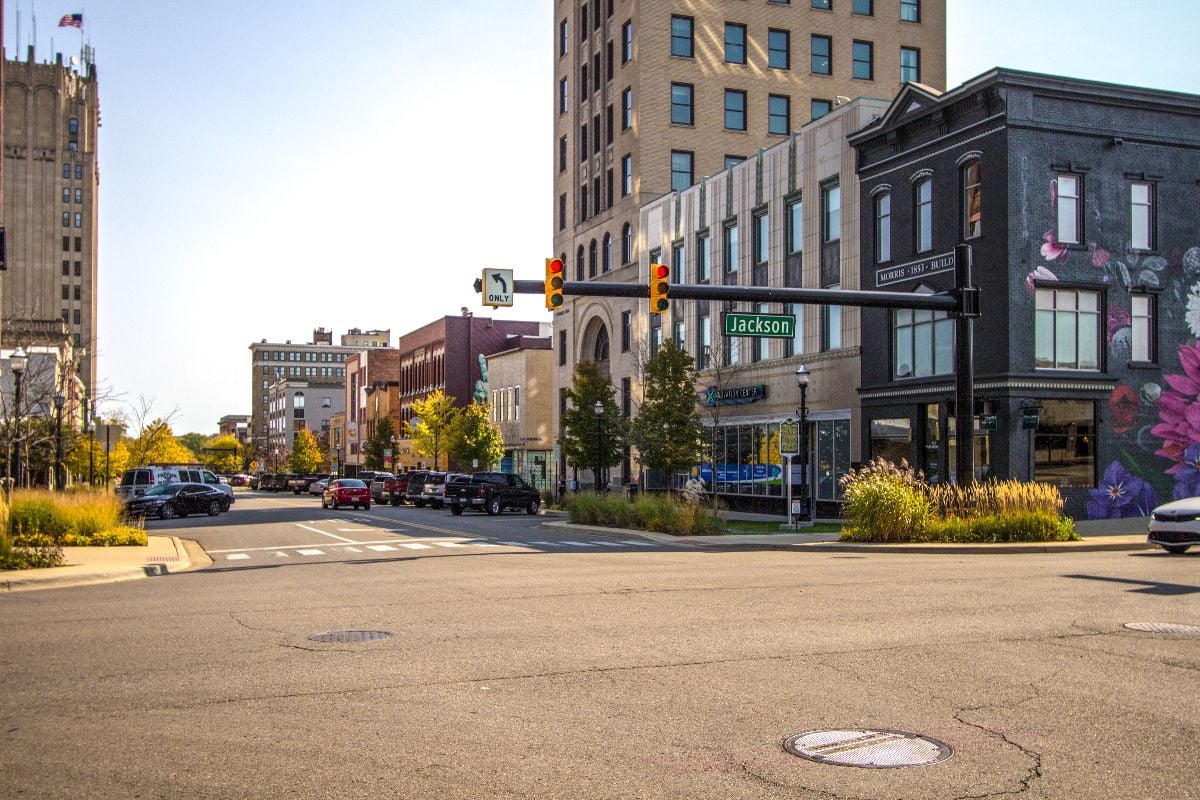
The Michigan Left—driving past your destination to make a U-turn—triggers arguments about traffic engineering, driving efficiency, and whether this system actually works better than traditional left turns.
Some family members swear the Michigan Left reduces accidents and improves traffic flow, while others consider it an elaborate practical joke played on drivers by incompetent traffic engineers. The arguments get heated because everyone deals with this system daily.
The debate is really about accepting inconvenient systems versus demanding better infrastructure design. It’s philosophy disguised as traffic complaints.
3. Traverse City’s Cherry Festival: Sweet or Just a Traffic Jam?
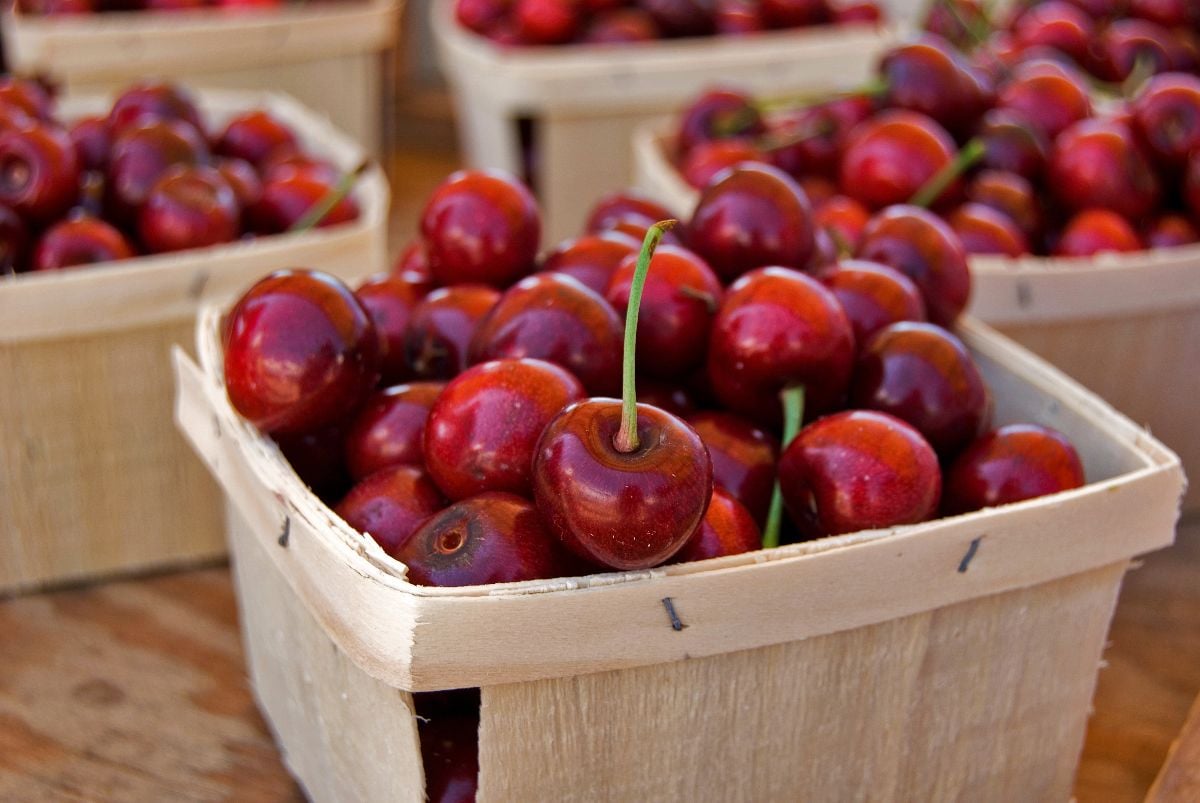
Traverse City’s Cherry Festival brings thousands of visitors and massive traffic problems, leading to family arguments about whether the economic benefits justify the inconvenience to locals.
Festival supporters argue that tourism revenue supports local businesses and celebrates Michigan agriculture. Critics point out that the festival turns their town into a parking nightmare where you can’t buy groceries without fighting crowds.
The argument reflects broader tensions about tourism development versus local quality of life. It’s really about who benefits from economic growth and whether residents should sacrifice convenience for community income.
2. Tim Hortons in Michigan: Local Coffee or Canadian Invasion?
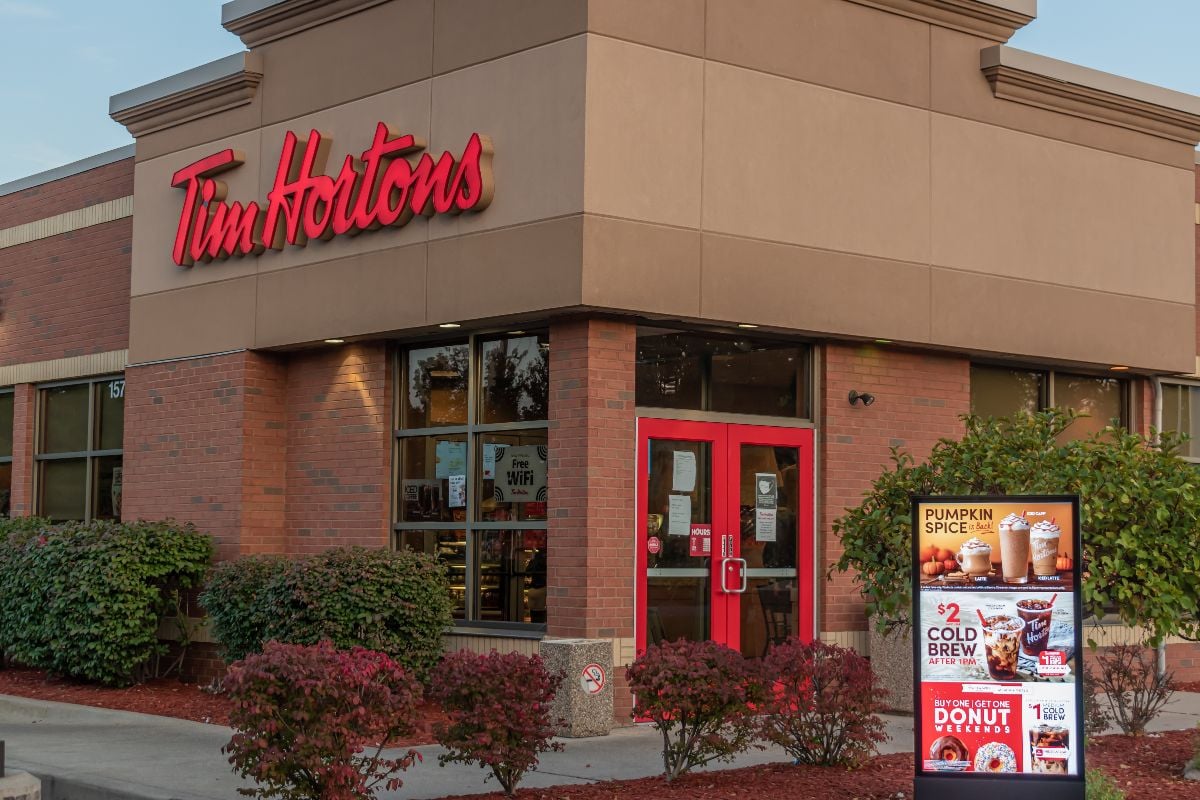
Tim Hortons’ expansion into Michigan triggered debates about whether Canadian coffee chains can become authentically Michigan, or if they’ll always be foreign infiltrators pretending to understand local culture.
Supporters argue that good coffee is good coffee regardless of corporate origins, and Tim Hortons fills a gap in the market for decent, affordable coffee. Critics insist that supporting Canadian chains undermines local businesses and cultural authenticity.
The argument is really about globalization, local identity, and whether businesses can become authentically local through community acceptance or if origins matter permanently.
1. Moose Encounters: The Real Test of Being “From Michigan”

This ultimate gatekeeping argument determines authentic Michigan credentials based on wildlife encounters. Seeing a moose in the wild becomes proof of your connection to the state’s natural heritage and outdoor credibility.
The moose spotters act like wildlife encounters make them more authentically Michigan than people who stick to populated areas. The non-spotters argue that geography doesn’t require dangerous wildlife encounters to prove your state loyalty.
The argument is really about what constitutes an authentic Michigan experience—whether you need to engage with the state’s wildest aspects to truly understand it, or if suburban Michigan life is equally valid. It’s the ultimate test of insider versus outsider status, wrapped in a debate about woodland creatures.


